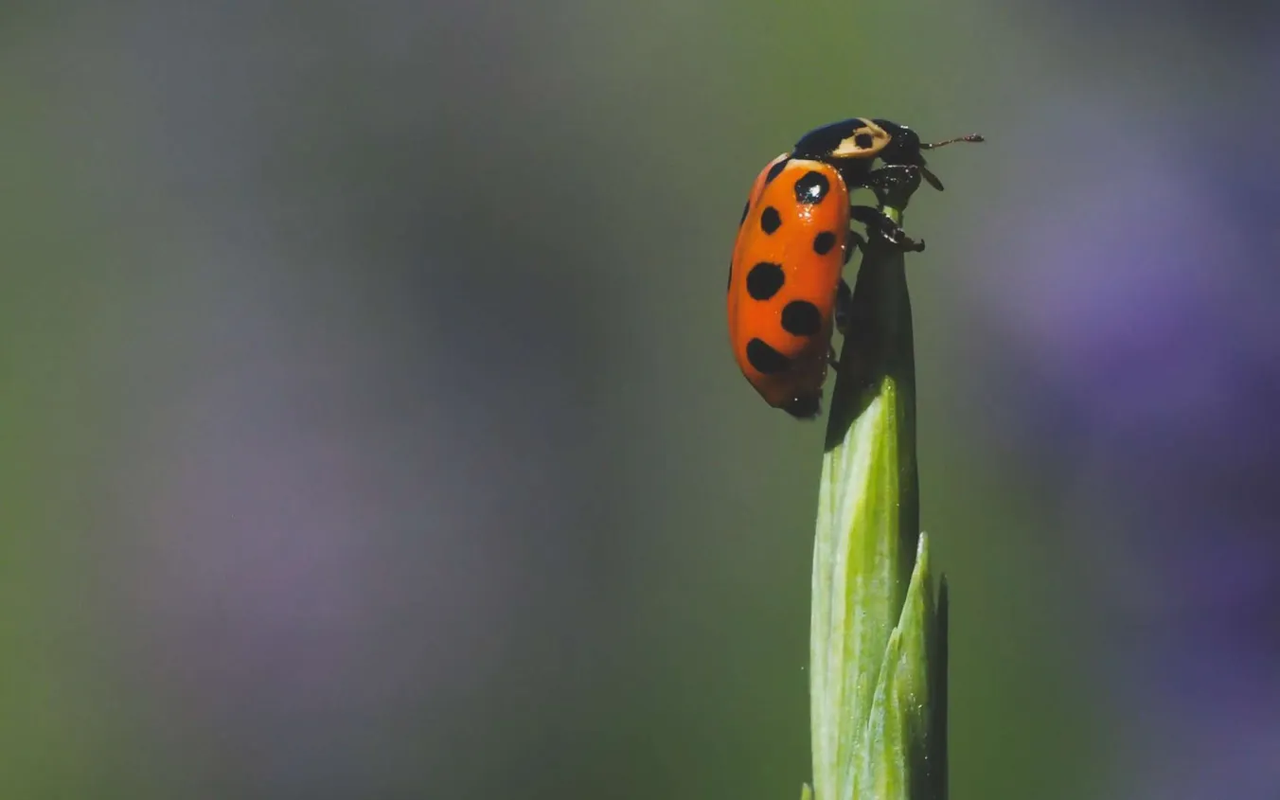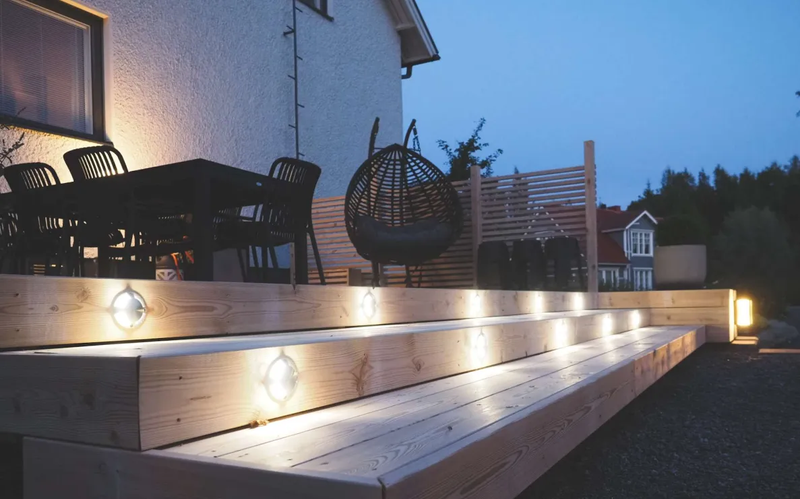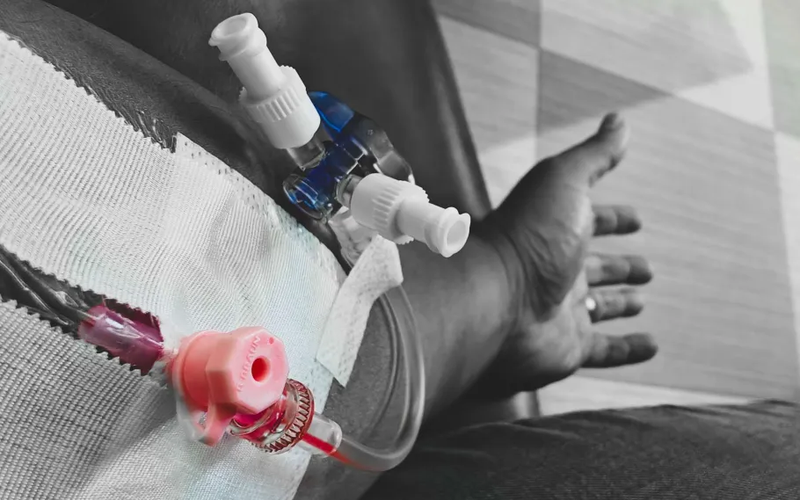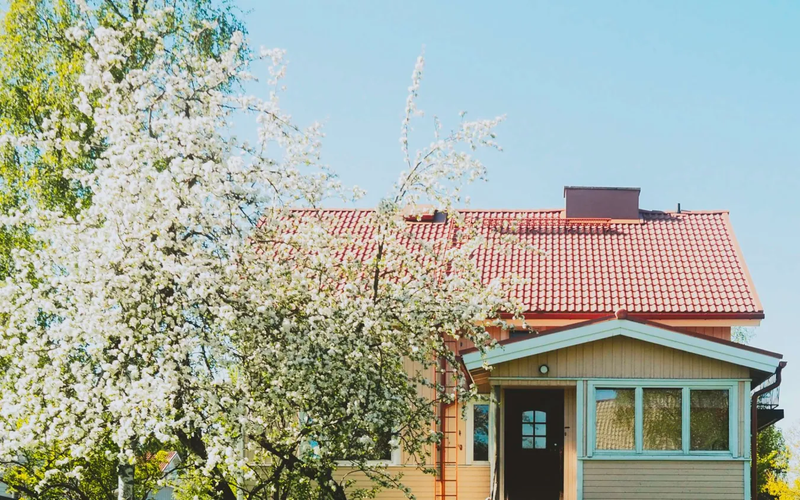The Right Earth
25 comments
You reap what you sow.
We all know the biblical quote, right? And based on this and the concept of growth, there are
using seeds as the metaphor for life and what it takes for accomplishment. However, is that really the case? I wrote an article about depression and suicide and since @holoz0r is on a "root cause" train of thought currently, he mentioned it again. Dealing with root causes is the goal of course, and is often referred to as "upstreaming" and looks to discover the causes of a problem, rather than treating the symptom. A story that illustrates this is the "Upstream story":“Imagine a large river with a high waterfall. At the bottom of this waterfall hundreds of people are working frantically trying to save those who have fallen into the river and have fallen down the waterfall, many of them drowning. As the people along the shore are trying to rescue as many as possible one individual looks up and sees a seemingly never-ending stream of people falling down the waterfall and begins to run upstream. One of other rescuers hollers, “Where are you going? There are so many people that need help here.” To which the man replied, “I’m going upstream to find out why so many people are falling into the river.” - Saul Alinsky

What this means is that if we go upstream and discover the root cause of the problems, then we have a chance to change the downstream outcomes. This is great, but it is also good to remember that roots grow from seeds, which means whatever the cause, if the seeds keep getting planted, pulling out the roots of the plants is again treating symptoms. This means that to really find the root cause, we have to stop the seeds from going into the soil.
Though, stopping the seeds might not be possible.
The reason it might not be possible to effectively stop the seeds, is because the environment keeps dropping them, and avoiding them becomes impossible. However, there is something that a lot of people forget when it comes to growing seeds, whether that be in their garden, or in their lives -
The soil.
Soil is the substrate required for the seeds to grow and the composition of the substrate is vital for whether a seed germinates, takes root, and survives into a fruit-bearing plant. If the soil is not conducive to a healthy plant, the plant will just not grow to be healthy. There are many factors that go into it, including acidity, nutrient values as well as water drainage, but we needn't get into that here. My point is, that no matter what seeds you plant in your garden of life, if your soil isn't conducive to growing them, they will not grow well, or perhaps at all.
But just like the environment and soil in a particular location, our personal environment affects the quality of our personal soil. This is why under the same conditions, like that of a working environment, two people can have very different experiences in relation to stress. One can have the type of soil conducive to stopping stress from taking root, the other can have the type that promotes the growth of stress.
And, while we are all born "a certain way" with predispositions that give our soil its base characteristics, just like a garden, we are able to supplement barren earth with nutrients, or replace components, or increase drainage, or whatever it takes to build a soil that makes it possible to succeed with whatever we are aiming to achieve. "This is the way I am" is the statement of someone who is unwilling to do any of the landscaping to be able to grow different outcomes in their garden. Or, perhaps they are completely happy with the outcomes they have, so they have no need to change their garden at all.
How many are completely happy?
Now, as I was talking about
in the article, let's have a little look at the kinds of things that can affect the soil. While many people are looking for an answer to their type of illness, like depression, they aren't necessarily considering the soil they are trying to plant the seeds into.Sure, first it is worth understanding the causes of the depression, but even then, there are probably things that people could do to start preparing their soil, because for the most part, humans are generally the same at the base and require much of the same attributes for health. It doesn't mean we can all reach the same level in each, or even have all the aspects at all, but we can all improve the quality of our soil. And what is interesting is that if the soil quality and garden improves and is maintained, the weeds are not only less likely to take root, but they are also easier removed, and the desired plants are able to grow better, stronger, healthier.
What makes a good quality of life soil?
There are many things, but let's keep it pretty basic and think about what is pretty much universally true for all of humanity. We are made up of a few basic components for health - physical, mental, emotional. These are the core of our garden, and if any of these are "unhealthy" it affects the others. They are not independent, they are interdependent. For instance, improving physical health tends to improve mental and emotional health too. Or, improving mental health tends to influence an improvement in physical and emotional health. Exercising isn't just for the body, it can be applied to each of these components. Exercise, is just intentional usage.
Intention is important here, right?
Do you want to be healthy?
Or do you want to be healthy on your terms?
Perhaps your terms aren't conducive to creating the environment required for you to be healthy. Sure, you think you know yourself and what you need, but if you don't have what you need, how well do you really know yourself? Maybe it is someone else's fault, maybe the system holds you back, or some other invisible force, but your garden is your own, and if you aren't improving the quality of the soil, even if you have all the seeds, they are unlikely to grow.
A simple list for improving:
- Physical exercise
- Learning useful skills
- Creating healthy relationships
- Reading and writing on useful
- Creating daily
- Reflecting on experience
- Eating nutritious food
- Exposure to new ideas
- Limiting junk food
- Limiting entertainment consumption
- Limiting social media
- Limiting news media
- Staying generally active
Now, that is a very short list and it is very actionable, though it would require a little reflection on what is currently taking up personal resources perhaps. And while for each of us we might have more or less availability to some of these things, we probably can all impact on the limiting areas. For many, just limiting their entertainment consumption frees up copious amounts of time that could be spent on some of the positive aspects, like learning a skill, or writing.
And anyone can start improving their soil.
What we often fail to recognise is that we are our own self-fulfilling prophecy of sorts. It is not what we believe that makes our outcomes, but the environment we live in that has the effect. However, we are not only victims of our environment, we are also perpetrators. So while we might not be able to control all aspects, we can influence many, especially when it comes to our own learned behaviours. A person who has been raised to be overweight, doesn't have to sustain the habits of an overweight person. A person who has been encouraged to hyper-focus on feelings and has become depressed, needn't stay in that mindset.
But changing the soil is not a quick fix, nor does it see immediate results. Our personal gardens have largely been neglected in ways that have put our personal ecosystem out of sync, where we focus on some aspects of it, while others get ignored. We no longer live a balanced lifestyle, where our physical, mental, and emotional needs are met, because we focus more on some pieces than others, often substituting low-nutrient substitutes in as if the artificial flavour provides sustenance of the real thing.
Scrolling Instagram, Tiktok, Facebook and X - is not maintaining a healthy social life. In fact, it is largely the antithesis of what is needed in order to have a healthy social life. Sitting down watching Netflix with a partner, isn't a fundamental part of building healthy relationships with that person, and is often an avoidance of the fundamentals. Going to the gym in order to look good, is unlikely to help a person feel good mentally or emotionally, because it sets an environment of unmet expectations and unreachable desires. But this doesn't mean that exercise is bad, does it?
As I see it, when it comes to mental health, there are millions of factors that can impact negatively on it and because each of us have a different garden, what affects one might not be the same for another. However, there are a lot of basics that we can avoid in order to improve our chances of not poisoning our soil. Similarly, there are millions of things we can do in order to improve the quality of our soil so as to counter the negative seeds that fall into it, but nearly all of them are active, not passive activities.
Do more. Sit less.
But, what needs to be done is a personal journey that needs to be discovered and applied by the individual. Yes, outside sources can help, but no one can make you healthy, but you, because they can't do the activities for you, so that you get the physical, mental, and emotional benefits. And them trying can not only make it worse, it can also make their lives worse also. And sitting less is a metaphor only, because practical sitting might help you, like a bit of meditation. However, if sitting is stopping you from improving your garden, stopping you from meaningful experience, then it should be severely limited.
So, the root problem isn't necessarily the seeds that are planted, but the soil substrate that is conditioned to raise unhealthy plants. That soil is made up of internal and external factors, but we as individuals are the only ones that can really affect our current conditions, and in so doing, have a chance of conditioning our environment that influences the environments of others too, so that more people have better quality soil, and an increasing amount of healthy seeds falling into their garden.
People don't fall into the river, because they are tending to their garden.
No matter what seeds you sow, you can only reap what your garden allows you to grow. And, we can all have an impact on what our garden can grow. You might know exactly what you need. You might be doing exactly what you think you should. But if it is what you need and you are doing the right things, why isn't it working?
Are you sure you know?
Taraz
[ Gen1: Hive ]
Be part of the Hive discussion.
- Comment on the topics of the article, and add your perspectives and experiences.
- Read and discuss with others who comment and build your personal network
- Engage well with me and others and put in effort
And you may be rewarded.



Comments